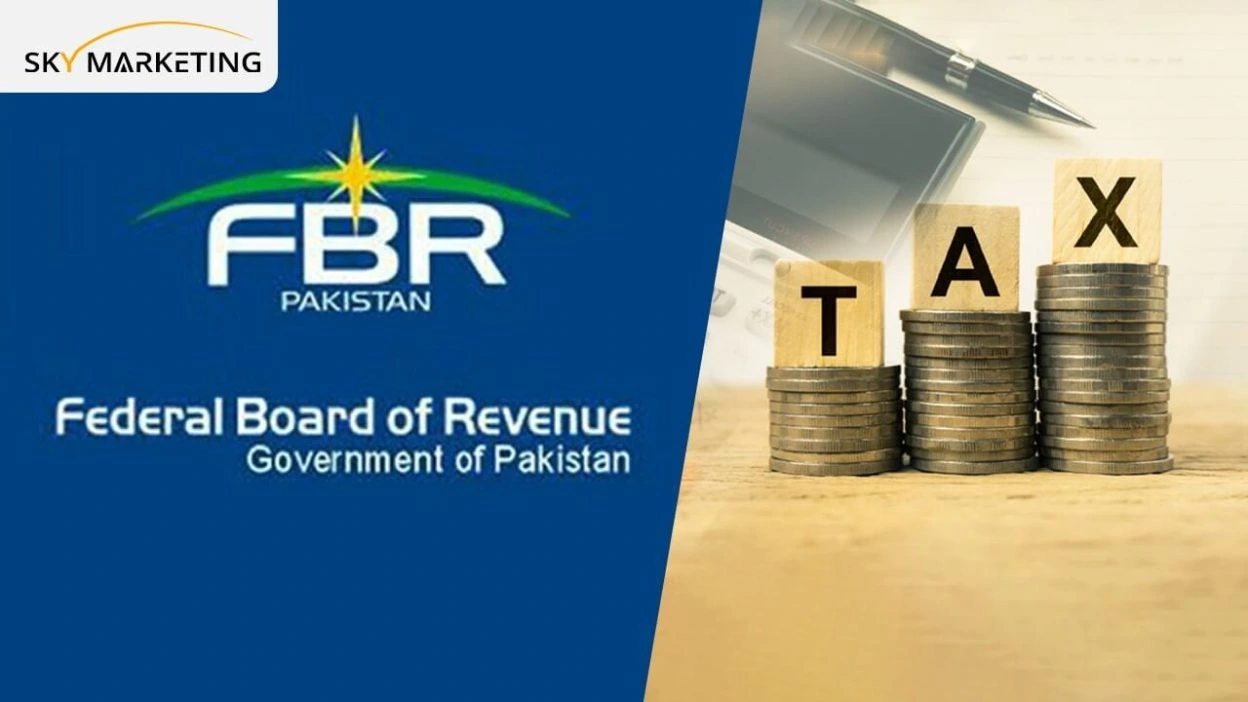Islamabad 3 August: The government has granted an extension till december 25 to traders for implementing real-time electronic transmission of sales tax invoices to the Federal Board of Revenue (FBR), revising earlier deadlines that were deemed impractical by the business community.
The FBR issued a new statutory regulatory order, replacing its April 2025 notification. It introduced a new classification system that divides businesses into seven categories, instead of the previous two, each with separate deadlines for registration, testing, and integration into the FBR’s computerized invoicing system.
The government has granted an extension till december 25 to traders for implementing real-time electronic transmission of s, instead of the previous deadline of June 1. Businesses with an annual turnover exceeding Rs1 billion, importers, and public-sector companies must integrate by September 1. Those with turnover between Rs100 million and Rs1 billion have until October 1, while smaller businesses will be required to comply by November 1.
Despite the revised timeline, many in the business sector continue to express concern, citing the limited capacity of both the FBR and private technology providers to support large-scale integration within the given timeframe.
Integration will be facilitated by four FBR-licensed companies: M/s Haball Limited, Webdnworks Private Limited, EY Ford Rhodes, and Pakistan Revenue Automation Limited (PRAL), a subsidiary of the FBR. Only these licensed integrators are authorized to configure taxpayers’ software for real-time invoice transmission to the FBR.
READ MORE: FBR Shuffles Officers to Enhance Effeciency & Revenue
The maximum charge for invoice transmission has been capped at Rs10 per invoice or Rs1 million in total. However, officials have indicated that the government is considering subsidizing this cost, and PRAL may offer the service free of charge to ease the burden on small businesses.
The extension meets one of the four major demands presented by traders to resume normal trading hours. The remaining demands include the withdrawal of FBR’s powers to arrest individuals on suspicion of fraud, reversal of the rule that allows half of cash expenses over Rs200,000 to be treated as income, and the removal of FBR inspectors from business premises.
Taxpayers who fail to comply with the new deadlines or violate any provision of the tax act may face penalties under existing tax laws.









